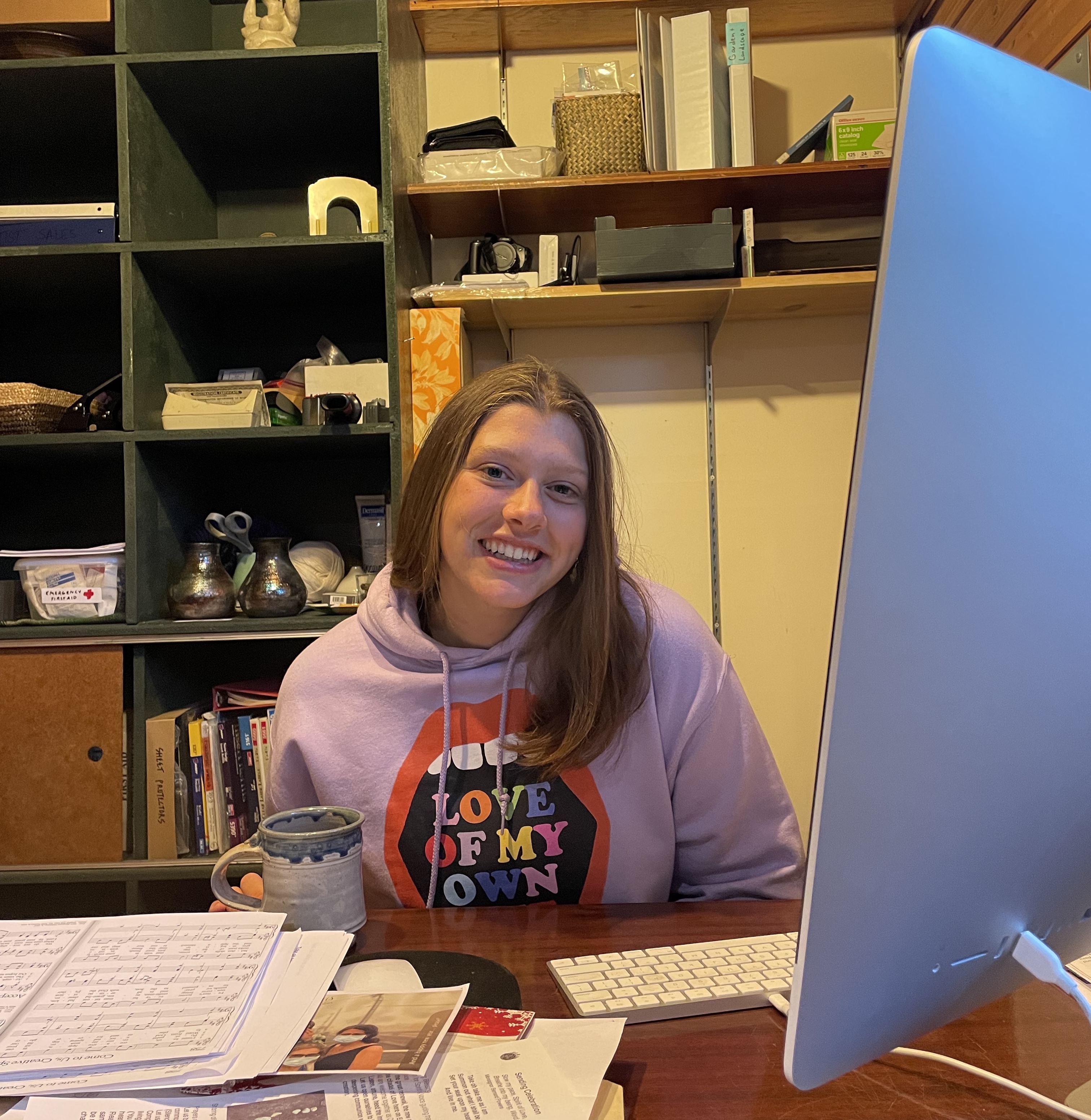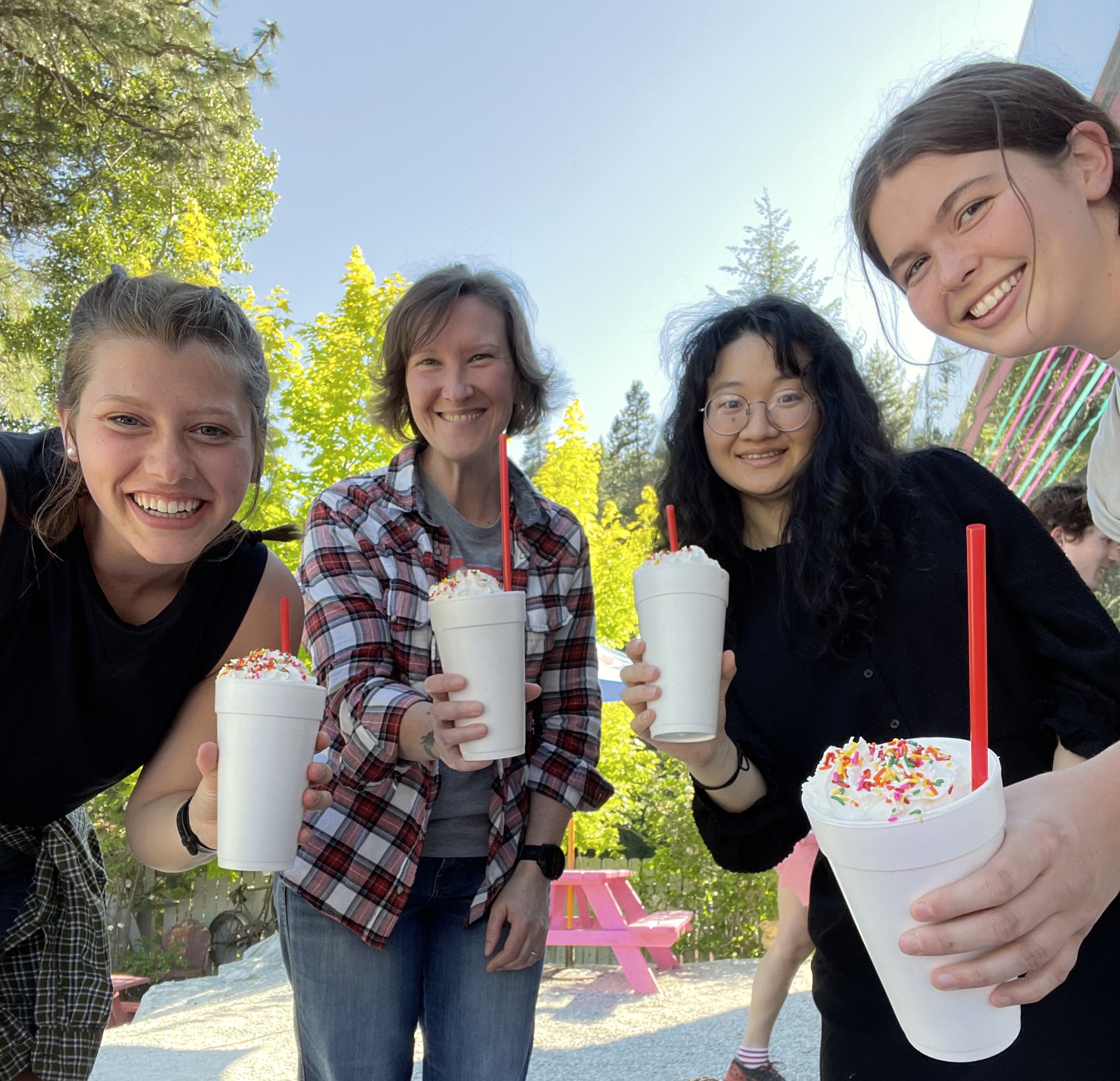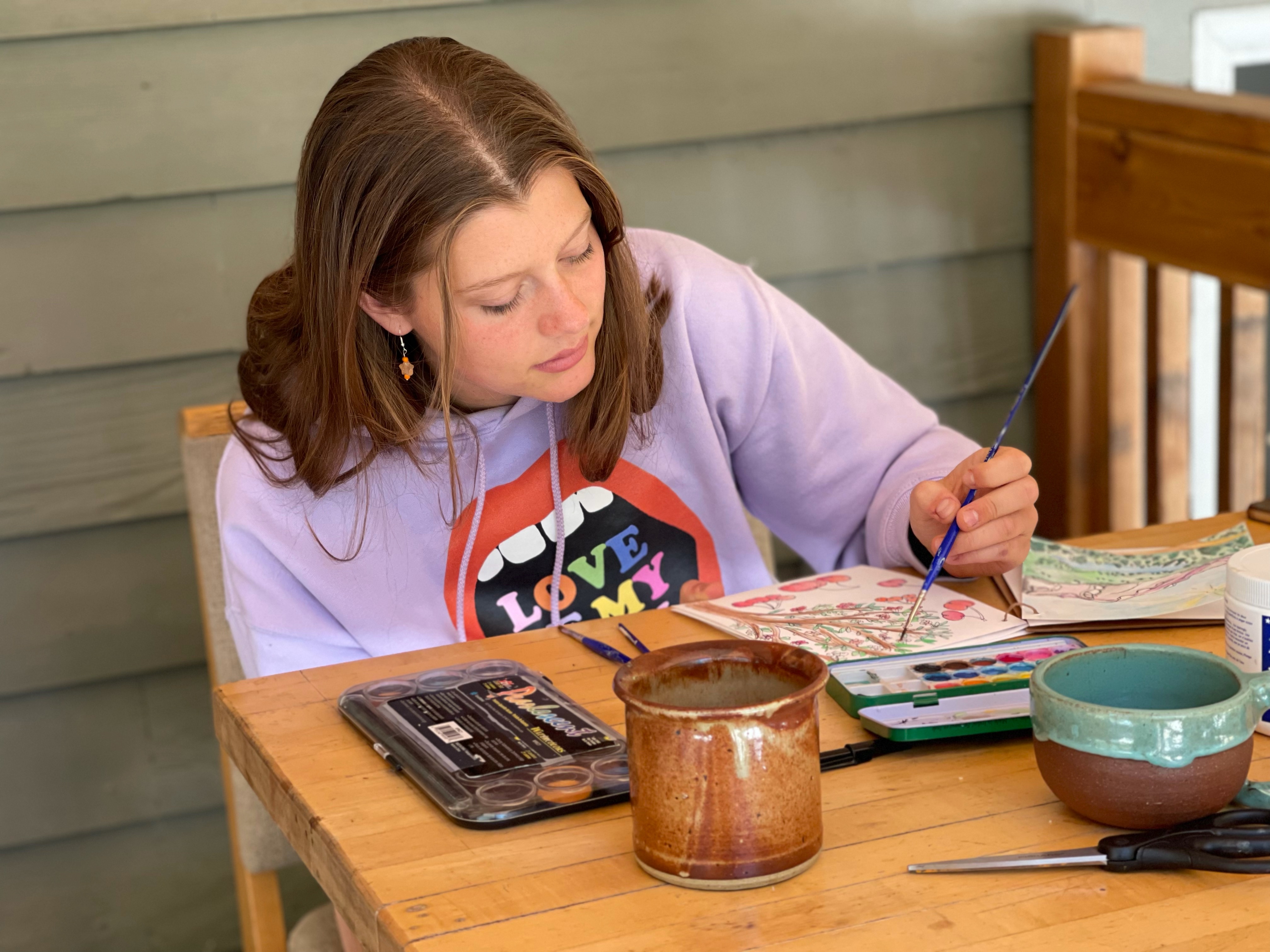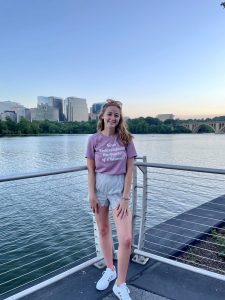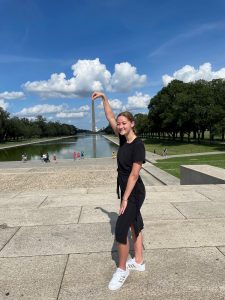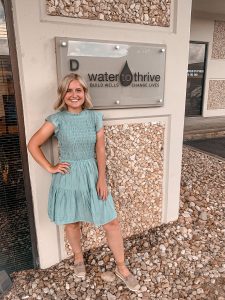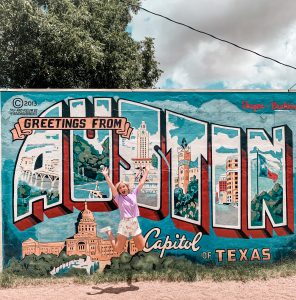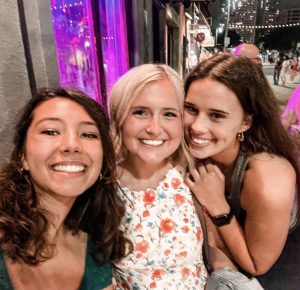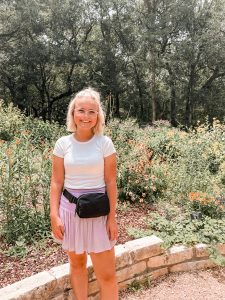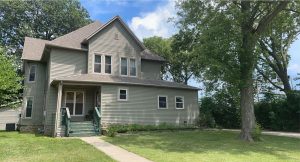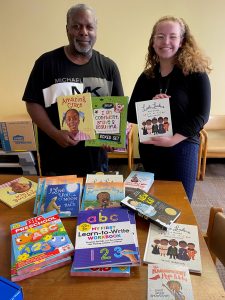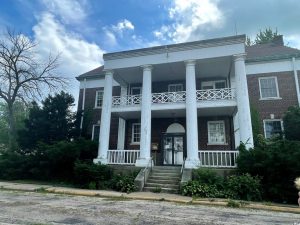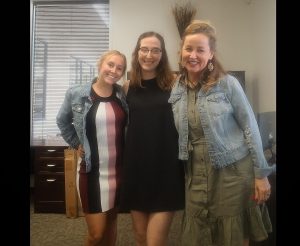My first two months here at the Grünewald Guild have flown by. As the hospitality intern for summer programming, I have been busy getting the campus ready for guests and creating a welcoming and comfortable environment during their stay. I order supplies, assign weekly responsibilities to staff, and oversee the turnover of guest housing each weekend. Since programming is at half capacity for the summer, the groups have been smaller, allowing us to form close connections during shared meals, classes, and free time. The biggest change over the past two weeks has been switching from almost completely unstructured days without guests, to having a daily schedule with meals and activities. This has shifted my daily work routine and my timeline for getting things done. Instead of being able to plan out my day according to my most productive times and the specific tasks for the day, I am guided by mealtimes and morning and evening services. While I enjoy having guests here, this shift has highlighted the importance of work-life balance.
My morning commute to the Centrum is a two-minute walk across campus (even shorter if I’m late for breakfast). The Centrum is the main building on campus and houses the office, community living room, kitchen, and dining area of the Guild. Living at my workplace has had major benefits. For one, my coworkers are also my friends and neighbors. The six other staff members are the only people that I see on a regular basis, so we spend lots of time together outside of our daily work obligations. When temperatures reached 115 degrees here a few weeks ago, we drove an hour to Wenatchee to see the
new Fast and Furious movie together which was a great way to beat the heat. We’ve made many trips to the nearby diner for milkshakes and gone on quite a few hikes. Living here has also allowed me to be completely immersed in my work and see how my projects impact guest experience and daily functioning on campus. The seeds we planted in June are now the plants in the garden that I walk by each day and enjoy in my meals. And I benefit from the organizing and cleaning work I do by having more enjoyable spaces to be in.
Despite the many perks of staying on campus, there are some challenges when it comes to navigating the balance of work and rest. Since I rarely leave the campus for more than an hour, it is easy for me to keep adding on projects to my day and find things that need to be done. My day starts at 7:30-8am with breakfast set up and ends at 8pm after evening service. Instead of a contained eight-hour workday, I end up working somewhat sporadically throughout the day which can lead to me feeling both overworked, and underproductive. I really enjoy what I do, so it is easy for me to see things that need to be done around campus and jump in without considering if I have the time and energy to do so. However, this challenge has given me the opportunity to practice setting boundaries and prioritizing my personal time as well as my projects.
Understanding what needs to be done and what can wait or be delegated to others’ is one of the most important things I have learned. During the 24-hour period between guests leaving on Saturday and arriving on Sunday, there are a lot of tasks to complete, but by assigning clear roles to each staff member, I feel confident resting on Saturday nights after my responsibilities are done. I also have more time during the week for the activities I enjoy such as hiking, art projects, and spending time with the staff.
During the height of the COVID-19 pandemic, working from home became the new normal, with the utilization of virtual meetings, projects, and collaboration. For some, working remotely increased productivity and flexibility, but it is likely that others struggled to set boundaries between work and rest. This summer, I have realized that no matter if I work from home or commute to the office in the future, I have the tools I need to distinguish between my professional and personal life and will be better equipped to set boundaries on my work. There is always more I could be doing, but being present in the moment, preserving my mental and physical well-being, and enjoying the time I have here are important too. When I find balance in my work, I am a better employee, neighbor, and friend. As guests continue to come and go this month, I am excited to hear their stories and make connections, as well as extend hospitality and kindness to welcome them into our community.
